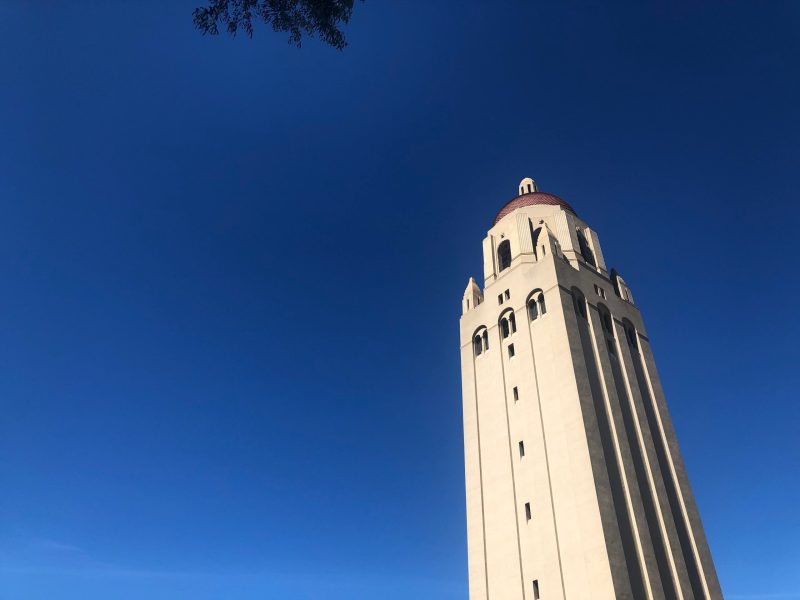While President Donald Trump’s administration assured the public in February that the coronavirus was under control, members of the Hoover Institution’s Board of Overseers were given private briefings by senior administration officials who warned that they were concerned and uncertain how the coronavirus would affect the economy, according to The New York Times.
The weekend retreat, held over two days in late February in Washington D.C., occurred just days before the United States’ first reported COVID-19 death on Feb. 29. Thomas J. Philipson, a senior economic adviser to the president, told Hoover overseers that he was unable to estimate the impact of the coronavirus on U.S. economic growth for the year. The uncertainty acknowledged by Philipson indicated to some in the group that a coronavirus outbreak was imminent, The Times reported.
The following day, Larry Kudlow, the director of the National Economic Council, briefed Hoover board members, reportedly saying that the virus was “contained in the U.S., to date, but now we just don’t know,” according to the memo obtained by The Times.
These briefings by senior administration officials stand in stark contrast to the administration’s public statements, which painted a far more rosy picture. On the first morning of the Hoover retreat, President Trump proclaimed on Twitter that the virus “was very much under control,” despite a rising case count. He added, “Stock market starting to look very good to me!” Mere hours before the Hoover briefing, Kudlow said on CNBC that the coronavirus threat had been curbed and “it’s pretty close to airtight.”
The Hoover retreat was documented by William Callanan, a member of the Hoover Board of Overseers and hedge fund manager. Callanan wrote in his memo that “What struck me” was that almost every administration official brought the coronavirus up “as a point of concern, totally unprovoked,” according to The Times.
Hoover Institution spokesperson Eryn Tillman told The Daily that the meeting was attended only by Hoover Institution officials. and that “no one at Hoover or Stanford was aware of the email communication shared with The New York Times ahead of [the newspaper’s] inquiry.” Callanan did not immediately respond to The Daily’s request for comment.
The memo was widely circulated and reached four investment firms within the span of a day. By the time trading closed on Feb. 26, U.S. stock markets had fallen nearly 300 points from the previous week’s high.
While the stock market was already spiraling downwards as coronavirus fears expanded, traders who saw Callanan’s description of the sessions noted the importance of the warnings. “The president’s aides appeared to be giving wealthy party donors an early warning of a potentially impactful contagion at a time when Mr. Trump was publicly insisting that the threat was nonexistent,” The Times reported.
The Times, which spoke to eight individuals who received the memo, outlined the document’s effects on the stock market. One investor’s reaction to the memo was to “short everything” while the document informed another investor’s trading for the week, expanding his profits. Callanan, who sent the document to David Tepper, founder of Appaloosa management, shared the government officials’ concerns and his own views that public health officials were not prepared to contain the pandemic.
In a statement to The Times, Callanan said his email to Tepper included “personal and professional views based on extensive research and publicly available information,” which showed his “concern on the global pandemic that was emerging.”
Dr. Scott Atlas, a senior fellow at the Hoover Institution who was named White House coronavirus advisor in August, attended the February retreat and gave a presentation that focused on Medicare for All policy analysis. Atlas has repeatedly pushed controversial views related to the pandemic, claiming that children do not get sick or transmit the virus, that masks may not be effective, and that one of the best ways to “eradicate the threat of the virus” is to allow for rampant community spread of the virus, a strategy that health experts claim could kill millions of Americans.
This article has been updated to include a statement by Hoover Institution spokesperson Eryn Tillman.
Contact Cameron Ehsan at cehsan ‘at’ stanford.edu.
